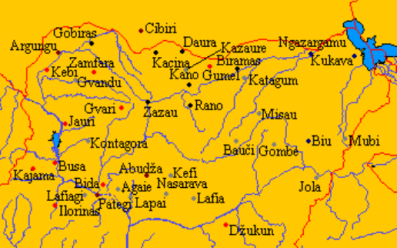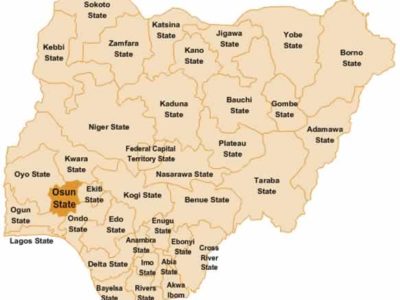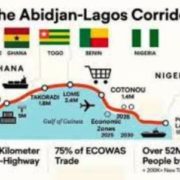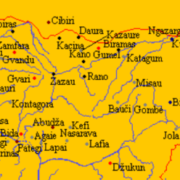By Oladipupo Adeosun
Increasing trade between African nations is a crucial step towards fostering economic growth, regional integration, and development on the continent. However, it’s important to note that trade policies and strategies can vary from country to country. Here are some general steps that African countries can take to enhance trade among themselves Website: https://SMEGlobalMarket.com/create
1. Harmonization of Trade Policies: African nations should work towards harmonizing their trade policies, regulations, and standards. This will reduce trade barriers and make it easier for goods and services to flow across borders.
2. Infrastructure Development: Investment in transportation, communication, and energy infrastructure is essential for facilitating trade. Improved road networks, efficient ports, and advanced telecommunications will reduce transportation costs and transit times.
3. Customs and Border Procedures: Simplifying customs procedures and reducing bureaucratic hurdles at border crossings can significantly speed up the movement of goods. Implementing streamlined customs processes and modernizing border infrastructure will promote smoother trade flows.
4. Trade Facilitation Agreements: African countries can establish bilateral and multilateral trade agreements that prioritize trade liberalization and elimination of tariffs on certain goods. Such agreements can help to boost intra-African trade by making products more competitive.
5. Regional Economic Communities (RECs): Strengthening existing regional economic communities, such as ECOWAS, SADC, and COMESA, can encourage trade by fostering cooperation and integration among member states.
6. Trade Finance and Insurance: Providing access to trade finance and insurance can mitigate risks for businesses engaged in cross-border trade, making it easier for them to explore new markets within the continent.
7. Market Information and Promotion: Establishing platforms for sharing market information and promoting products from various African countries can help businesses identify opportunities and connect with potential trade partners. SME Global Market
8. Capacity Building: Investing in skills development, entrepreneurship training, and technology transfer will enhance the capacity of businesses to engage in international trade.
9. Investment in Agriculture: Given that agriculture is a significant sector in many African economies, investing in agricultural development can increase food security and create value-added products for trade.
10. Digital Trade Platforms: Developing digital trade platforms and e-commerce infrastructure can open up new avenues for trade, especially for small and medium-sized enterprises (SMEs) that may find it challenging to engage in traditional trade channels. https://SMEGlobalMarket.com/create
11. Support for SMEs: SMEs play a crucial role in intra-African trade. Governments can provide targeted support, such as access to credit, technical assistance, and export training, to help SMEs expand their trade activities.
12. Public-Private Partnerships (PPPs): Collaborations between governments and private sector stakeholders can drive initiatives to improve trade infrastructure, streamline processes, and promote investment.
13. Political Will and Leadership: Political commitment to regional integration and trade expansion is essential. Leaders can advocate for policies that prioritize intra-African trade and work towards removing obstacles.
14. Conflict Resolution: Addressing political instability and conflict within and between nations is vital for creating a stable environment conducive to trade.
It’s important to recognize that increasing intra-African trade is a complex endeavour that requires coordination, collaboration, and a long-term commitment from all stakeholders. It may also involve addressing historical trade imbalances, addressing protectionist tendencies, and creating an environment of trust and cooperation.
Oladipupo Adeosun
Head, Information Technology – E-Business (Fintech | Cyber Security | Penetration Tester)




















